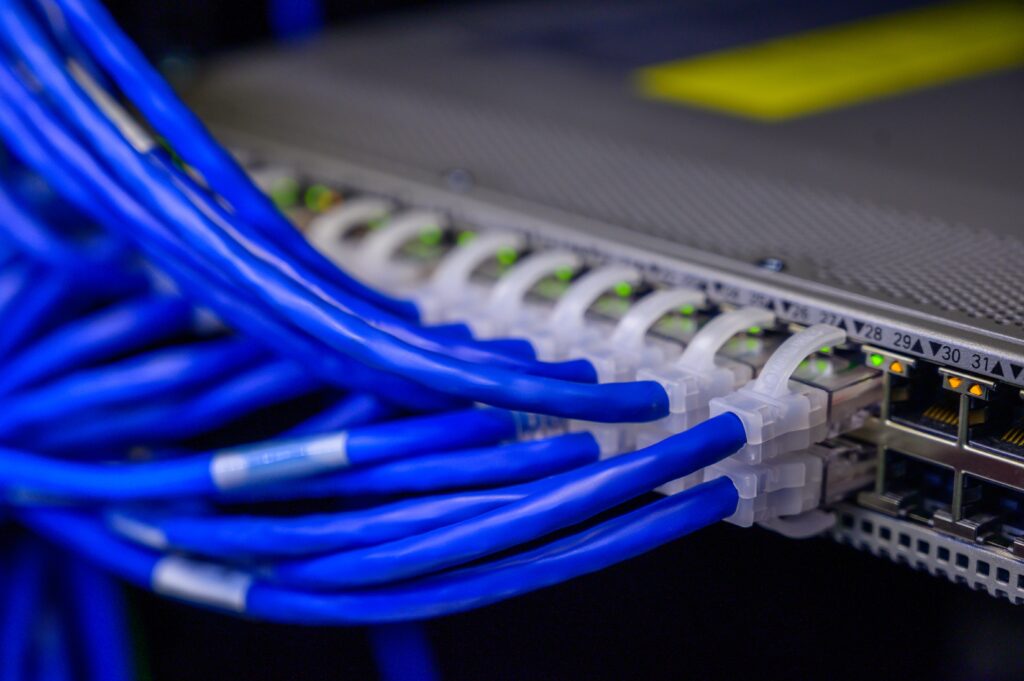
In today’s digital age, network firewalls have become an essential tool for protecting computer systems and networks from cyber attacks. A firewall is a network security device that monitors and controls incoming and outgoing network traffic based on a set of predefined security rules.
Firewalls can be hardware-based or software-based, and they can be configured to operate at different levels of the network stack. For example, a firewall can be configured to operate at the network layer, where it can filter traffic based on source and destination IP addresses, or it can be configured to operate at the application layer, where it can filter traffic based on specific applications or protocols.
One of the primary functions of a firewall is to block incoming traffic that is not authorized to access the network. This can include traffic from known malicious sources, such as IP addresses associated with cyber criminals or botnets. Additionally, firewalls can be configured to block traffic from specific geographic regions or to block traffic based on specific criteria, such as the time of day or the type of traffic being sent.
Firewalls can also be used to control outgoing traffic, which can help prevent data breaches and unauthorized data exfiltration. For example, a firewall can be configured to block traffic that contains sensitive data, such as credit card numbers or social security numbers. This can help prevent data loss and protect the privacy of individuals whose data may be stored on the network.
In addition to blocking unauthorized traffic, firewalls can also be used to monitor network activity and detect potential security threats. For example, firewalls can be configured to generate alerts when traffic patterns or activity on the network suggest that an attack may be in progress. This can help network administrators quickly respond to potential security incidents and prevent damage to the network or data.
While firewalls are an important tool for protecting computer systems and networks, they are not a complete solution for cybersecurity. Other security measures, such as antivirus software, intrusion detection systems, and employee training, are also important for maintaining a secure network environment.
In conclusion, network firewalls are an essential tool for protecting computer systems and networks from cyber attacks. By filtering incoming and outgoing network traffic, firewalls can help prevent unauthorized access and data exfiltration, and by monitoring network activity, they can help detect potential security threats. However, firewalls are just one part of a comprehensive cybersecurity strategy, and it is important to use other security measures to ensure a secure network environment.



